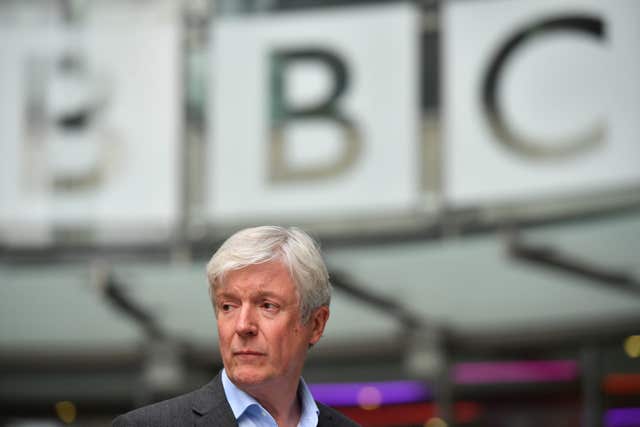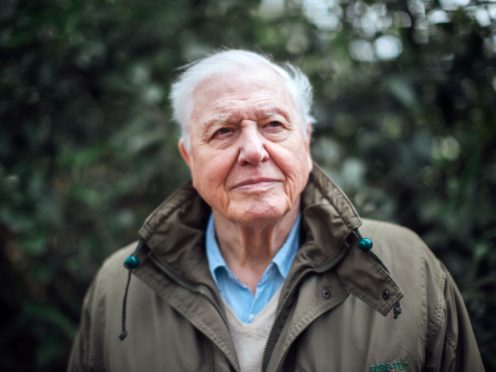The BBC is looking to “change the world” with a £300 million deal to form a “natural history Netflix”.
Discovery and BBC Studios have struck a deal to share and fund content with a focus on the environment, which director-general Lord Tony Hall has said is the main worry for modern audiences of any age.
The deal is the “largest ever” in the history of the UK broadcaster, valued at just over £300 million across 10 years.
UKTV will come under BBC Studios control for £173 million as part of the deal, and Discovery will launch a new, still unnamed SVOD platform.
The online streaming service will host content with an environmental focus, in what Discovery chief executive David Zaslav has dubbed a “natural history Netflix”, using flagship BBC content including Blue Planet and Planet Earth.
Speaking following the announcement of the content deal, Lord Hall told journalists: “If you ask people of any age what they’re worried about, then they’re worried about the planet, they’re worried about the environment.
“They’re worried about what they can do about it, they’re worried about what’s happening to wildlife, they’re worried about biodiversity.

“This is absolute key to the BBC’s mission. This is absolutely mission critical.”
He added that BBC Studios will “invest in the sort of content that I think can really shape and change the world”.
The deal struck between Discovery and BBC Studios will see their shared UKTV broadcaster divided, in a £173 million arrangement, including the UK corporation taking on £70 million in debt.
Flagship BBC natural history programmes, including the work of Sir David Attenborough, will be distributed by Discovery outside the UK and Ireland.
A new SVOD platform which is likely to operate on a subscription basis will host BBC and Discovery nature shows, as both broadcasters aim to educate based on what Lord Hall has termed their shared “ideas and ideals”.
He dismissed a backlash against environmental programming, saying: “The science about climate change is clear. You have young people protesting climate change, and taking time off school to do so.
“Our job, then, is to impartially tell people about the challenges the world is dealing with. I think that’s really important.
We are excited to announce a landmark deal with @bbcstudios for a content partnership spanning a library of premium factual series to power a new global streaming service, and a development deal for BBC Studios’ iconic genres. Read more: https://t.co/fFmFRM3Csx pic.twitter.com/pnDGSCPFvW
— Discovery Inc (@DiscoveryIncTV) April 1, 2019
“I think the audience is there, and I think the interest is growing and growing and growing. People want to know how they can do something.”
Mr Zaslav added: “From a US perspective, we don’t see this as advocacy at all.”
Both broadcast bosses have cited the “importance globally” of an educational “mission” to document the planet.
Lord Hall has said the move was not motivated by fear of streaming giant Netflix, saying the arrangement was “not based out of a threat”.
He said the deal will be funded by BBC Studios, the commercial arm of the corporation.
Mr Zaslav compared the natural history catalogue of BBC and Discovery to the appeal of the Marvel universe.
UKTV channels will remain largely unchanged on the EPG.
Discovery will take Good Food, Home and Really under its brand, while BBC Studios will gain Alibi, Dave, Drama, Eden, Gold, Yesterday and W.
